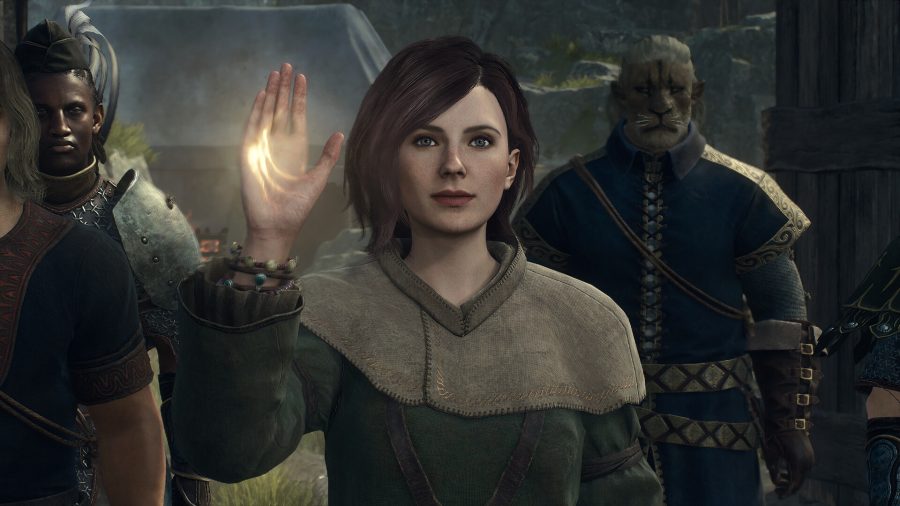Google CEO Eric Schmidt made big promises of mysterious, highly-interactive new methods of monetizing YouTube in a CNBC interview today. “We believe the best products are coming out this year,” he said. “And they’re new products. They’re not announced. They’re not just putting in-line ads in the things that people are trying.”

As all established media (not just newspapers) face a growing challenge from the internet, with its on-demand, highly personalized and infinitely interactive social connections – can TV, and TV on the internet, learn keep up with the times?
YouTube had better come up with something very, very good. Cultural momentum is leaning away from passive consumption of moving pictures. Let’s hear from Clay Shirky, who’s talk below was the best thing about the recent Web 2.0 conference.
YouTube is A Lot Like TV
The vast, vast majority of YouTube users are passive viewers of video content uploaded by someone else. It’s far easier to view video than to make it, making video is hard. The biggest hits on YouTube aren’t user uploaded videos, either – they are professionally produced music videos.
The site has been maddeningly hard for Google to monetize, too. Other sites that are more interactive, take Facebook or Digg for example, face monetization challenges because their users don’t come to those sites to view ads passively. Passive media and advertising does not have a bright future, and many people in those industries who are watching the direction the internet is going know it.
That’s why Google is going to have to come up with something really good to make the kind of money from YouTube that they want to.
The Cultural Context
In his excellent talk at the Web 2.0 Conference last week (embedded below), consultant and NYU prof. Clay Shirky called television a “cognitive heat sink” that absorbed a huge amount of human thought over the last 50 years while humanity learned to see media’s shrinking of the world as an asset instead of just a shock to the system.
Here’s the video, below which you’ll find a few of the many great nuggets from Shirky’s 15 minute talk. Shirky focuses on Wikipedia, but World of Warcraft, blogging and other social media experiences may be even better examples of what’s likely to absorb more of this surplus energy. As a work of art, Wikipedia is a good reference point though.
Now, while you’re watching that video – open up RWW in another tab and leave some really smart comments! It will be interactive then, and the increased pageviews will help us figure out how to monetize video! Ha, kidding. Here’s some highlights:
- Wikipedia currently represents about 100 million hours of human thought.
- Television is watched for 200 billion hours, in US alone, every year.
- That’s the equivalent of 2000 Wikipedias each year, spent watching TV.
- People in the US spend 100 million hours each weekend watching TV commercials. So an entire Wikipedia could be replicated in a weekend if we did that during the commercials – except our brains wouldn’t be in the best position to do so.
- If 1% less TV was watched in the US, 10,000 (I am a math goober, sorry) 20 Wikipedias could be created each year. (That’s still a whole lot of Wikipedias!)
Shirky says that old media has assumed people just want to consume but that the internet is showing that people want to consume, produce and share. If just a tiny fraction of that consumption continues to shift towards production and sharing – there’s going to be some serious cultural and economic disruption going on.
That’s why YouTube has to come up with something fundamentally more engaging than banner ads run next to music videos.
Thanks to Yahoo’s Jeremy Zawodny for posting the Shirky video on his excellent blog. Zawodny writes that he never watches TV and I can happily report that I’ve only had a TV in my home for 1 of the last 13 years as well.










